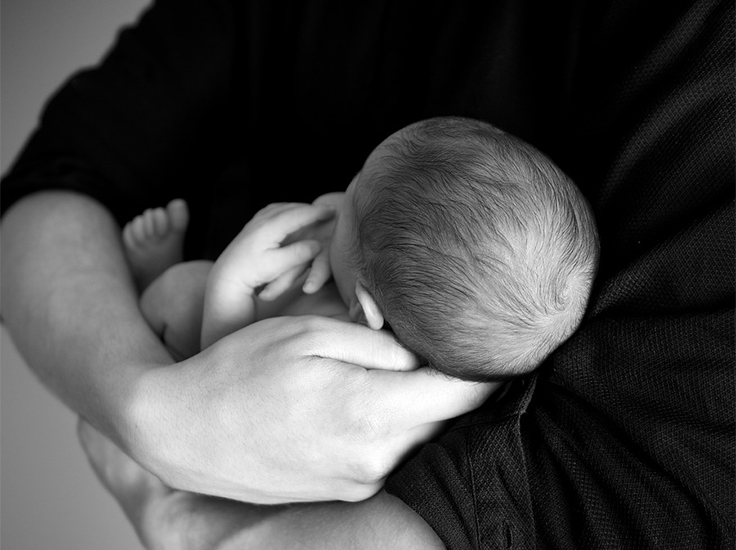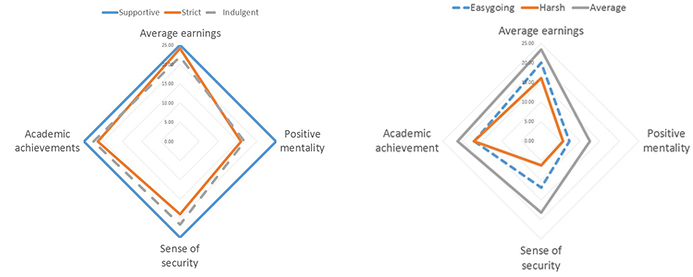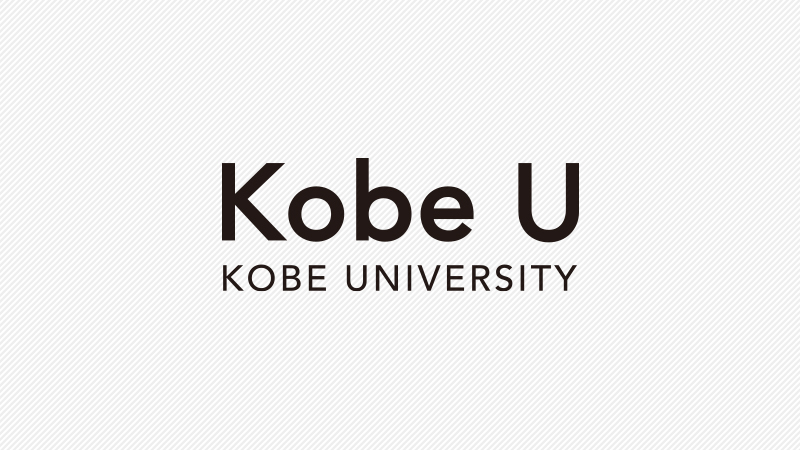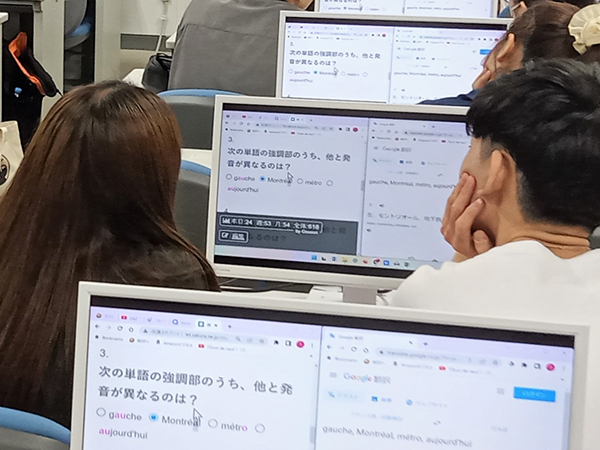A team at the Center for Social Systems Innovation led by Project Professor Kazuo Nishimura surveyed 20,000 people in Japan and revealed that self-determination has a stronger influence on happiness than income or academic ability.
During the 1980s Professor Nishimura taught economics in the United States, carrying out data-based research of the role of human capital in economic growth models. While in the US he also researched psychology, and recently he has been working on empirical research into the accumulation of human capital from a multidisciplinary viewpoint. “Human capital can be accumulated through experience and education” he says. We interviewed him on the research that could impact Japan’s education system.
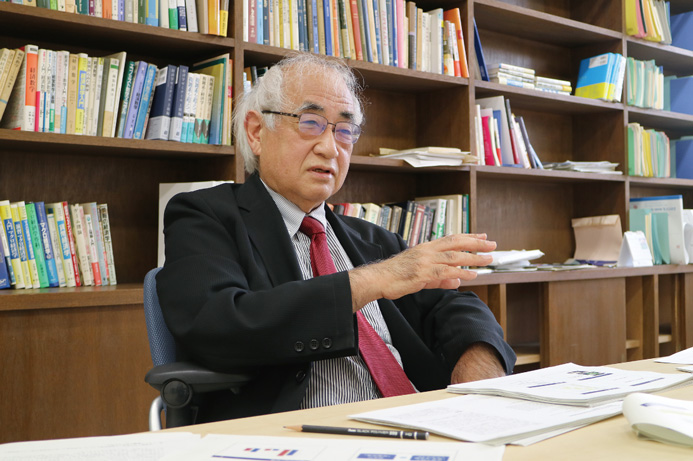
(Center for Social Systems Innovation, Research Institute for Economics and Business Administration)
Quality of education affects Japan’s economy
Tell us about your multidisciplinary research
Prof. Nishimura:
My main research uses data models to analyze how human capital affects economic growth. However, you cannot show the contents of education with data models. If we use multidisciplinary and empirical approaches, we can look at concrete issues, not just abstract debates.
For example, what sort of issues?
Prof. Nishimura:
Low labor productivity is an issue for Japan’s economy. The root of this problem is that Japan’s education system is not producing results. This can only be solved by raising the quality of education in Japan. First, we needed to survey students’ academic abilities. As introduced in our book, University students who can’t solve fractions, in 1998 I collaborated with Professor Nobuyuki Tose (Keio University) to test the mathematical skills of first-year students who had just entered top universities. We were able to reveal the truth of the falling academic standards hidden in the abstract education policy of teaching “the ability to live”.
Starting with that survey, I began to use empirical research to verify concrete facts with data. When we compared humanities graduates who had chosen mathematics as part of their university entrance exams with those who didn’t, we found that graduates who chose mathematics had higher incomes and an advantage when changing jobs.
At that time, there was also a theory that humanities graduates had higher incomes than science graduates. When we tested this theory by comparing the incomes of both groups, the results showed that science graduates had higher incomes, especially physics specialists. After publishing this research, the trend of belittling science and mathematics courses slowly started to change.
Children’s happiness influenced by their upbringing
You also research the impact of upbringing.
Prof. Nishimura:
In Japan there is this idea that ethics are more important than academic skills. In order to find the core that forms the basis of our ethical codes, I looked at what children were told by parents and others around them in early childhood. I arrived at four main principles: don’t lie, be kind to others, follow the rules, and study. People who were brought up to follow these four principles tended to have high incomes and strong academic abilities.
You’ve recently published a very interesting study on upbringing and happiness.
Prof. Nishimura:
In every era, parents want happiness for their children. You could say this is the goal of child-rearing. However, happiness takes many forms. I surveyed over 20,000 people to identify the elements people need to feel happy, and found that aside from health and human connections, self-determination had the biggest impact on happiness. In a survey on types of upbringing and social success, children who received a supportive style of upbringing that encouraged independence were most successful in adulthood. These results are very consistent. Children who can make their own choices are more motivated and feel more satisfied with their achievements. This connects to higher happiness levels.
In the international ranking of the UN’s World Happiness Report, Japan’s happiness levels were not that high. Looked at as a whole, Japan scores low for “freedom in life choices”. So people in Japanese society with high self-determination are likely to be happier.
Empirical data supports education reform
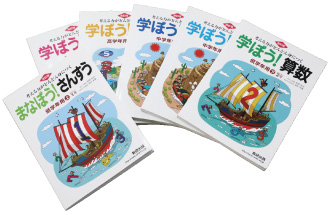
Your research topics all appear to be connected.
Prof. Nishimura:
I feel that in today’s society both parents and children worry about the right thing to do in education and child-rearing. I would like people to use the data I have numerically verified in order to make judgements about education. In the long term, I want to create a series of education models.
Could these research results be applied to society as part of reforms to the education system?
Prof. Nishimura:
It is not easy to influence policies. However, that’s what I’m aiming to do. At the moment I’m working as a consultant for the Osaka City Board of Education, which is building initiatives around two essential targets: improving safety and academic ability.
Regarding safety, at the end of the 2014 academic year incidences of violence in Osaka’s elementary and middle schools were three times higher than the national average, the highest in Japan. In the three years leading up to 2017, this fell by four-fifths, and halved again in the following academic year. It is now lower than the national average.
That’s extraordinary. How did they do it?
Prof. Nishimura:
In November 2015, Osaka City distributed “School Safety Rules” to every public elementary and middle school in the area. These specified in detail what not to do, such as “truancy” and “leaving other children out”. They aimed to encourage children to learn to discipline themselves based on awareness of which actions were bad. The contents was common sense. The important thing was to spell it out.
What about raising academic ability?
Prof. Nishimura:
We are working on raising teaching standards to enable children to effectively study the subjects that I have empirically shown to be essential. First, I presented the key elements in learning Japanese and mathematics, and used this as a basis to make proposals for lesson improvements. Based on my proposals, the Board of Education has created manuals for teaching Japanese and mathematics, and veteran instructors have used these to instruct teachers in 30 of Osaka’s schools. The feedback was very good. Teachers felt more confident, and the children enjoyed and understood the lessons. In the future, I would like to spread this initiative from these 30 schools to all public elementary schools in Osaka.
What are the issues in realizing these goals?
Prof. Nishimura:
There are not enough veteran teachers to lead the instruction. Hiring them costs money, but from the perspectives of both skills and time, I’m looking into asking retired teachers to help out. As well as Japanese and mathematics, I’m also preparing to start teacher instruction in sciences from April 2019.
In the long term I would also like to work on improving the academic skills of children with learning difficulties. We have had success in boosting the abilities of children with learning difficulties as well as their classmates by using the Let’s learn math! series in Tokyo and Kyoto. I would like to realize this in Osaka too.
In the future, I would like to prove that every individual has a different learning style. If we frame it like this, I don’t think the concept of children with learning difficulties would exist, and the whole education framework would change as well. It’s a big step, but ultimately I want to promote independent learning.
Note: this article is also available as a PDF in Vol. 06 of the Kobe University Newsletter "Kaze".





